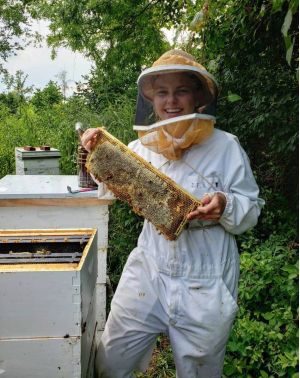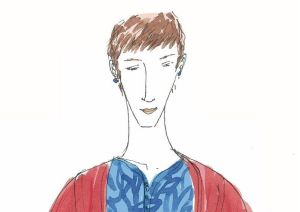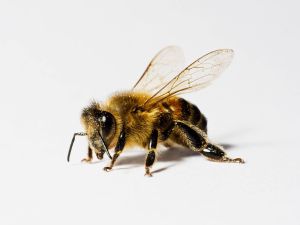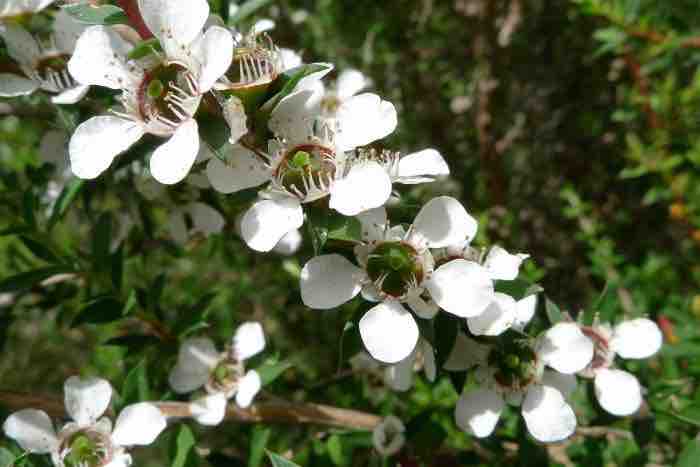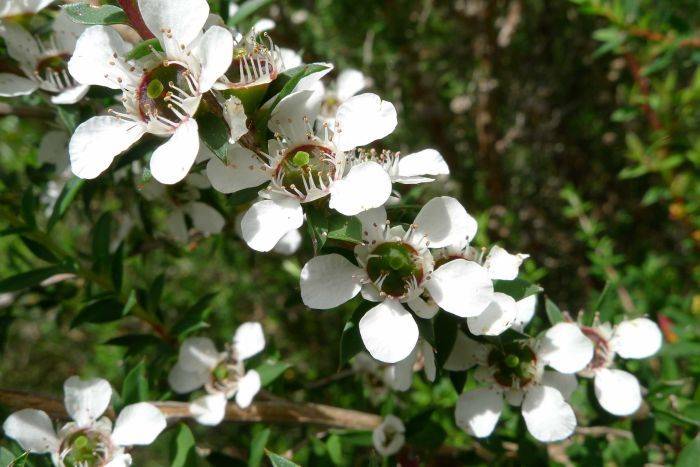Manuka honey made by bees foraging on Australian native plants has antibacterial properties at least as powerful as the famous New Zealand variety, according to new research, but New Zealand producers are trying to trademark the name.
New Zealand-made manuka honey has long been considered a superfood for everything from sore throats to gingivitis but as microbiologist Dr Nural Cokcedin explains, scientists now say that the Australian-made version could be the most powerful antibacterial honey of all.
"We've got some Australian manuka honeys that are at least as powerful as their more famous New Zealand cousin, and when I say powerful I mean they've got this antibacterial activity that can kill superbugs like golden staph," she said.
The rise of antibiotic-resistant superbugs is a huge concern around the world, but Dr Cokcedin said bacteria did not develop resistance to manuka honey, meaning it could be appearing a lot more in clinics as a topical treatment for skin infections and wounds.
"The antibacterial activity was tested seven years ago when we first collected [the honey samples] and we retested them just recently this year and we found that that activity has not changed, which was actually very surprising," she said.
Scientists say the discovery represents a h
Common tea-tree plant
Posted
The name Manuka comes from New Zealand where it's the Maori name for the tea-tree plant.
Supplied: John Tann on Flickr (CC BY 2.0)
Huge marketing opportunity for Australia but the findings come at the same time as a New Zealand campaign to retain the international rights to the term "manuka honey".
The honey is made by bees foraging on the manuka, or tea tree plant as it is more commonly known in Australia.
New Zealand has filed an application in five international jurisdictions to trademark the term "manuka honey".
John Rawcliffe, from New Zealand's Unique Manuka Factor Honey Association, said the word manuka was a New Zealand word from the Maori language.
"New Zealand manuka honey, believe it or not, it was first produced back in the 1840s in New Zealand and it's become famous because of the body of research that has been initiated in New Zealand."
Mr Rawcliffe said new research into the antibacterial powers of Australian manuka honey was interesting, but Australia just needs to call it something else.
"The consumer sees manuka coming from New Zealand," he said.
He said the appropriate term for honey from the leptospermum species of trees in Australia is tea tree or jellybush.
"To suddenly flip flop and utilise a word that's gained recognition that has been put into New Zealand is slightly out of line."
The Unique Manuka Factor Honey Association is launching a campaign to promote New Zealand's claim to manuka honey in the UK next month.

